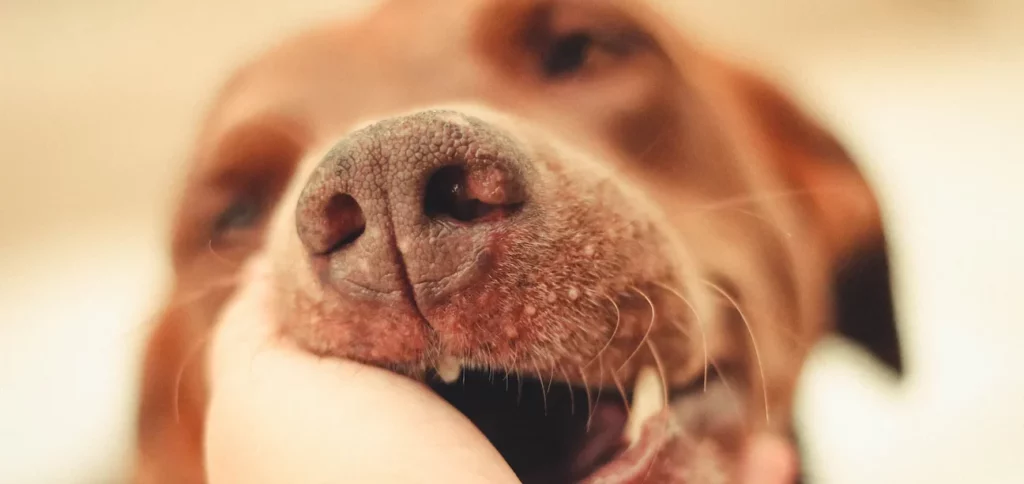Records!
As of September 12, more than 58 cases of the disease had been recorded in humans around the world, with more than 6.000 of them in Brazil, according to data published by the Ministry of Health.
ADVERTISING
São Paulo is the state with the highest number of cases, followed by Rio de Janeiro and Minas Gerais. In the current outbreak, transmission has occurred between humans and, most often, after sexual contact.
In the case of dog contamination in France, the team of researchers carried out genetic sequencing of samples taken from the owners and the dog. And the results showed that the viruses were identical, without any mutations, which practically confirms this transmission from humans to animals.
What to do?
According to doctor Emy Akiyama Gouveia, infectious disease specialist at Hospital Israelita Albert Einstein, these cases only reinforce the message that the disease can also affect pets, especially the most common mammals, which is the case of dogs, cats and small rodents. And that care for these pets should be the same as if there were another sick person at home.
ADVERTISING
“It was only a matter of time before we had confirmed cases in domestic animals. This possibility of monkeypox transmission to pets was already known from the beginning of the epidemic, including alerts from epidemiological surveillance. The recommendation has always been that if the person confirms the diagnosis, try to isolate themselves from their pet so that it does not acquire the virus”, said Emy.
Care
- Frequent hygiene of the owner's hands with soap and water;
- Do not let the dog or cat come into contact with the bedding (do not sleep together);
- Prevent pets from coming into contact with crusts that may be in the environment;
- Do not hug, kiss or receive licks from your pet during this period of isolation;
- Always keep the environment clean;
- Do not send your pet to be bathed at the pet store while someone is sick at home to avoid transmitting the virus to other animals; It is
- If you suspect contamination of the animal, notify the health authorities and veterinarian so that care can be taken.
(With Einstein Agency)




